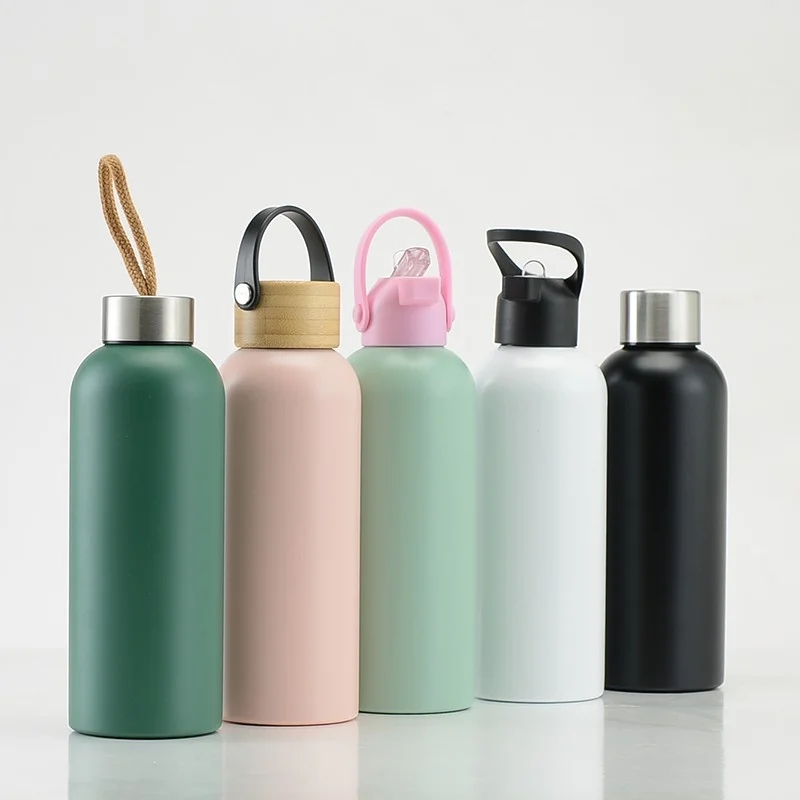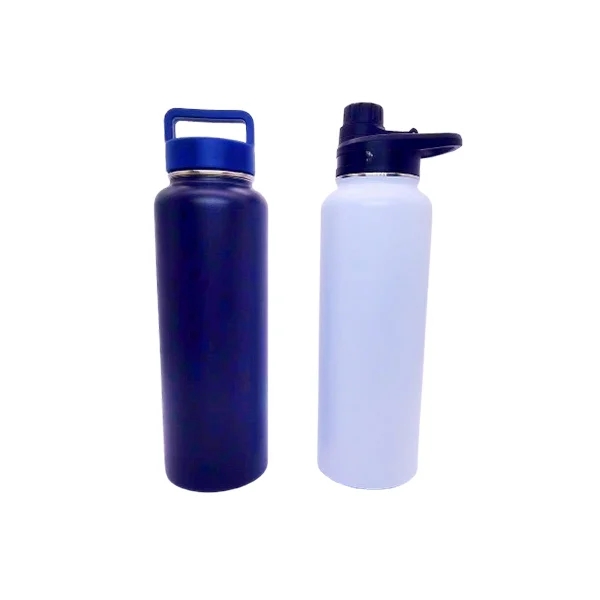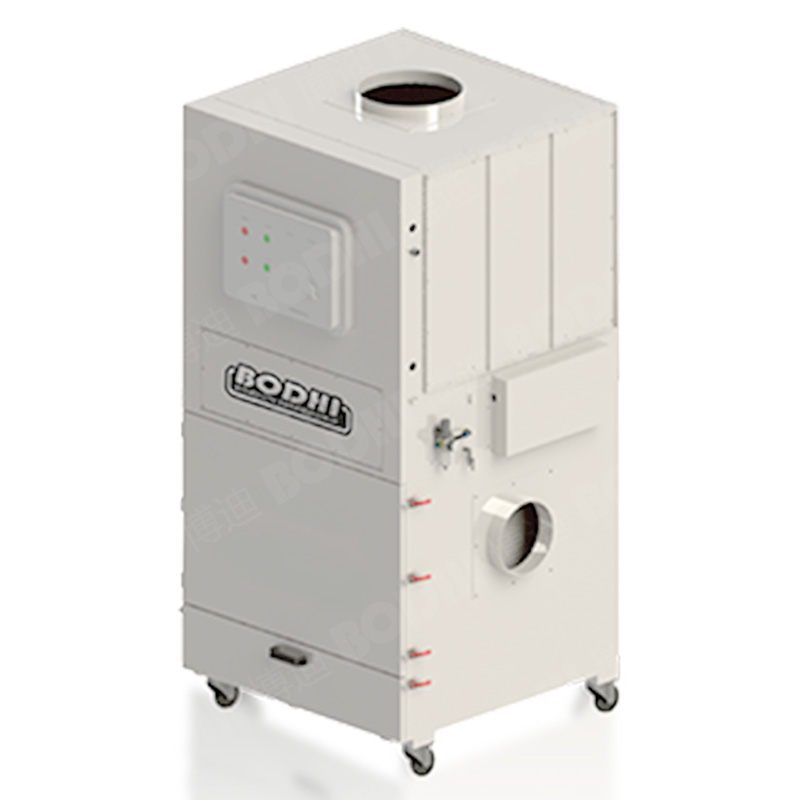When it comes to choosing the right tent for your outdoor adventures, the debate between canvas and nylon tents is a hot topic among campers, hikers, and outdoor enthusiasts. Each material has its own set of advantages and disadvantages, making the decision process a bit overwhelming. In this article, we will delve into the intricacies of canvas and nylon tents, examining their performance, durability, weight, maintenance, and overall suitability for various camping scenarios. By the end, you will have a clearer understanding of which tent material might be the best fit for your needs.
- Material Composition and Characteristics
Canvas Tents:
Canvas tents are typically made from heavy-duty cotton or a cotton-polyester blend. This natural fiber is known for its breathability, durability, and ability to withstand harsh weather conditions. Canvas is inherently water-resistant, and when treated with a waterproofing agent, it can repel rain effectively. Additionally, canvas tents provide excellent insulation, keeping you warm in cooler temperatures and cool during hot weather.
Nylon Tents:
Nylon tents, on the other hand, are made from synthetic fibers, which are lightweight and often treated with silicone or polyurethane coatings to enhance their waterproof capabilities. Nylon is known for its strength-to-weight ratio, making it a popular choice for backpackers and those who prioritize portability. However, nylon tents can be less breathable than canvas, which may lead to condensation issues in humid environments.
- Durability and Longevity
Canvas Tents:
One of the standout features of canvas tents is their durability. With proper care, a canvas tent can last for decades, making it a worthwhile investment for serious campers. The thick fabric is resistant to tearing and puncturing, and it can withstand strong winds and heavy rain. However, canvas tents are heavier and bulkier, which can be a drawback for those who need to carry their gear over long distances.
Nylon Tents:
Nylon tents are generally less durable than canvas tents, especially when exposed to UV rays and abrasive surfaces. While high-quality nylon tents can last several years, they may require more frequent replacement, particularly if used in rugged conditions. However, advancements in fabric technology have led to the development of stronger nylon materials that can withstand significant wear and tear.
- Weight and Portability
Canvas Tents:
The weight of canvas tents can be a significant disadvantage for backpackers or those who need to hike to their campsite. A typical canvas tent can weigh anywhere from 20 to 50 pounds, depending on its size and design. This makes them less suitable for long treks where every ounce counts.
Nylon Tents:
Nylon tents excel in terms of portability. They are lightweight and compact, making them easy to carry in a backpack. Many nylon tents weigh under 5 pounds, which is ideal for solo hikers or those looking to minimize their load. This lightweight nature allows for quick setup and takedown, making them a favorite among casual campers and backpackers alike.
- Weather Resistance and Insulation
Canvas Tents:
Canvas tents perform exceptionally well in various weather conditions. Their natural breathability helps regulate temperature and reduce condensation, which is particularly beneficial in humid climates. Additionally, the insulation properties of canvas keep you warm during chilly nights, making them suitable for year-round camping.
Nylon Tents:
While nylon tents can be treated for waterproofing, they may struggle with condensation due to their less breathable nature. In hot weather, nylon tents can become stifling, and without proper ventilation, moisture can accumulate inside. However, many modern nylon tents come equipped with mesh panels and vents to improve airflow and reduce condensation.
- Maintenance and Care
Canvas Tents:
Maintaining a canvas tent requires more effort than nylon. They need to be cleaned and dried thoroughly after use to prevent mold and mildew. Additionally, regular waterproofing treatments are necessary to maintain their water resistance. However, the longevity of canvas tents often justifies the extra maintenance.
Nylon Tents:
Nylon tents are generally easier to maintain. They can be wiped down and packed away without much fuss. However, care should be taken to avoid exposure to sharp objects and excessive UV light, which can degrade the fabric over time. Regular inspections for wear and tear can help prolong the life of a nylon tent.
Conclusion: Which Tent is Right for You?
Ultimately, the choice between a canvas tent and a nylon tent depends on your specific needs and camping style. If you prioritize durability, insulation, and long-term investment, a canvas tent may be the better option. However, if you are looking for a lightweight, portable solution for short trips or backpacking, a nylon tent could be the ideal choice.






